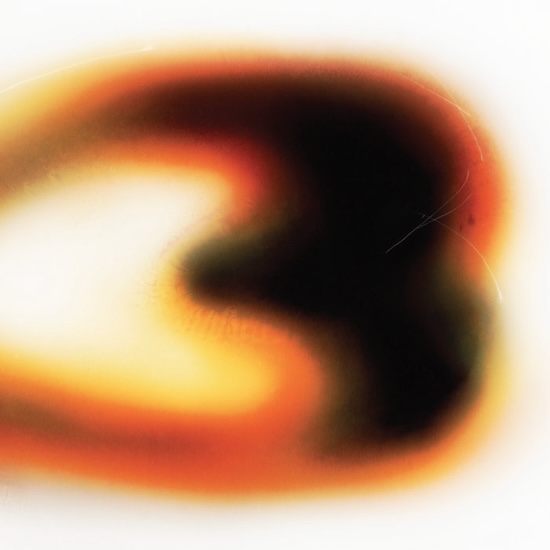Music is at its most commanding when its creator is most possessed. Jess Hickie-Kallenbach’s words pour out of her through repetition, preserving the emotive depth of Still House Plants’ past two albums; her stop-start refrains not so much focused on feelings but conveying emotions others cannot reach.
On ‘M M M’, her lyrics appear like letters scrawled across a steamed-up car window, before slowly dissipating into varying shapes and patterns. “I wish I was cool” she sings, elongating the syllables until her vibrato becomes just another instrument. Thanks to their growing confidence, Still House Plants have re-contextualised the limits of guitar, voice and drums, engendering an album that demonstrates the power of music to transcend cultural and geographical boundaries.
Even in an era where the concept of genre is becoming progressively obsolete, elitism still surrounds the coexistence of pop – the kind that doesn’t fit neatly in the canon of white, middlebrow taste – and experimental music. Despite the ongoing discourse on poptimism, the disregard for the popular culture that shapes our formative years lingers not just within experimental music circles but across alternative music realms in general.
Synonymous with the sufficiently strange and abstract, the true essence of being an experimental artist is to be free from the shackles of rigidity and traditional songform. And early adolescence is culturally typified by whatever is accessible via broadcast (and now digital) media at the time.
Personally, I’ve never met any preteens with an interest in Einstürzende Neubauten. For the majority of Millennials and some Gen Z, the demographic most active in experimental music scenes today, it was UK Garage and American R&B; MTV Base, not The Wire magazine.
Our tastes may have evolved, but the music we grew up on cultivated an ear for melody and no doubt had a subconscious (or conscious) impact on our consumption and involvement in art going forward.
If i don’t make it, i love u often resembles This Heat’s Deceit via hyperdub comps and Tilt-era Scott Walker. The pitch-black industrial drumming and fractious guitar clangs elicit the measured brutality of Swans and the totalism of Glenn Branca, underpinned by the metallic hypnosis of New York no wave group Ut. It’s all these things rolled precariously into one, dismantled and reassembled by virtue of instinct and genuine emotional release.
But the playful polyrhythms sound like an accidental scratch in the groove from Jeff Buckley’s Grace. You can feel a subconscious assimilation of early 00s R&B mixed with slowcore and Midwest emo. It’s comparable to a no-wave D’Angelo or Lauryn Hill. On their third album, Still House Plants embrace, not shun, sounds absorbed from childhood in working-class environments. Here, the trio integrate skeletal post-rock with soul and jazz, deconstructed by a presiding impulse to blur lines between terms or genres, allowing it all to collapse and collide. It’s harmony clashing with disharmony, the musicality of concrete sound.


